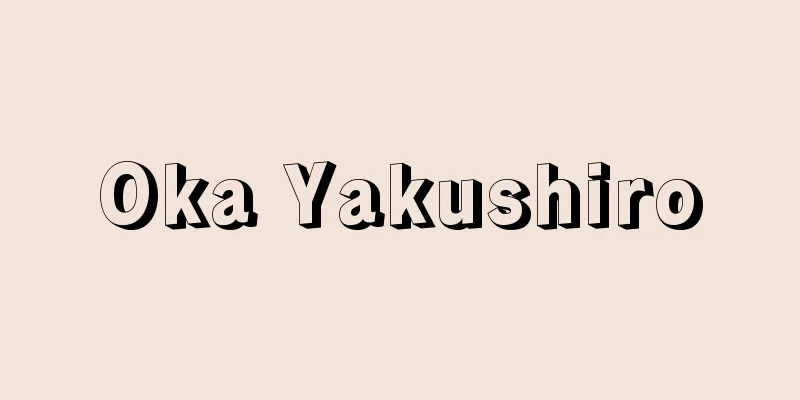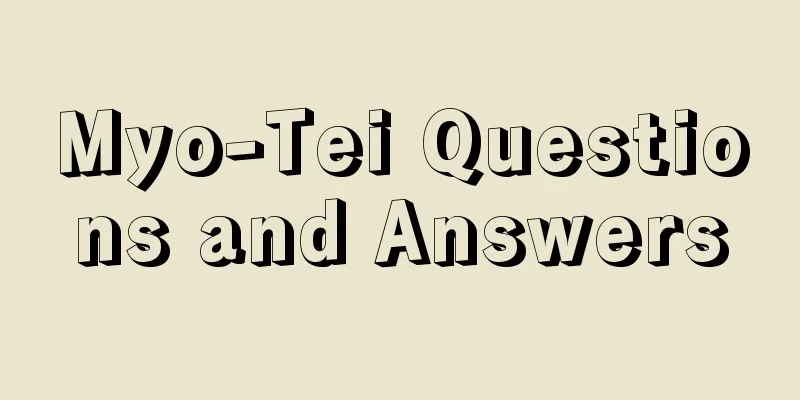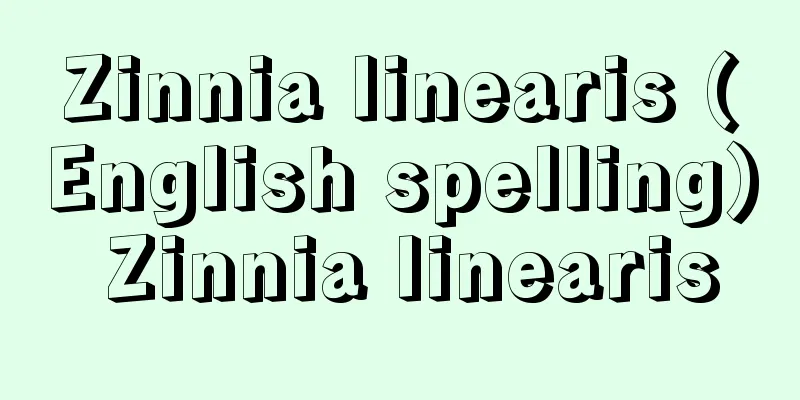Companion mound - Companion

|
Originally, the tombs were those of close relatives or vassals who were buried after the death of their master, but in general, they refer to small tombs located around large tombs such as the Emperor Nintoku's Mausoleum (Daisen Tomb). It is unclear whether they were subordinate to the Emperor in the original sense of the word. There are many examples where only utensils were buried there. → Related article: Ojin's Mausoleum Source : Heibonsha Encyclopedia About MyPedia Information |
|
本来,主人の死に従って葬られた近親,従臣の墳墓をさすが,一般には,仁徳陵(大山(だいせん)古墳)などの大型の古墳の周辺にある小型の古墳をいう。それらが本来の意味での陪冢であるかどうかは不明。器物のみを埋めた例も多い。 →関連項目応神陵 出典 株式会社平凡社百科事典マイペディアについて 情報 |
<<: Umetei Kinka - Baitei Kinka
>>: Abandoned Dynasty - Haicho
Recommend
Catchline
...An introductory phrase or short sentence used ...
Rancé, AJLe B.de (English spelling) RanceAJLeBde
…A contemplative order of the Catholic Church. Si...
Konstantin Dmitrievich Bal'mont
A poet representing early Russian Symbolism. Born...
Naval infantry - Kaigunhohei (English spelling) Morskaya Pekhota
The Soviet Marine Corps. Total strength: 15,000. O...
Positional aspect - ichinomen
...Therefore, it is common to observe multiple sp...
《English Law Commentary》
…Up until then, Roman law and canon law had been ...
Hiroyuki Kuze
Year of death: June 25, 1679 (August 1, 1679) Year...
Mosquito - Culicidae; mosquito
A general term for insects belonging to the Dipter...
herzenbergite
…A mineral whose main component is tin. There are...
Duarte, JN (English spelling) DuarteJN
…Colonel Carlos Humberto Romero was elected presi...
ideologues (English spelling) ideologues
…An ideologist is someone who studies this school...
Modern Natural Law
… If we consider the process from ancient Greece ...
Murder - Murder
The crime of intentionally taking another's l...
Fran
C 4 H 4 O (68.07). It is present in tar obtained ...
Syllogism - Sandanronpo
A logical inference that derives a conclusion fro...









